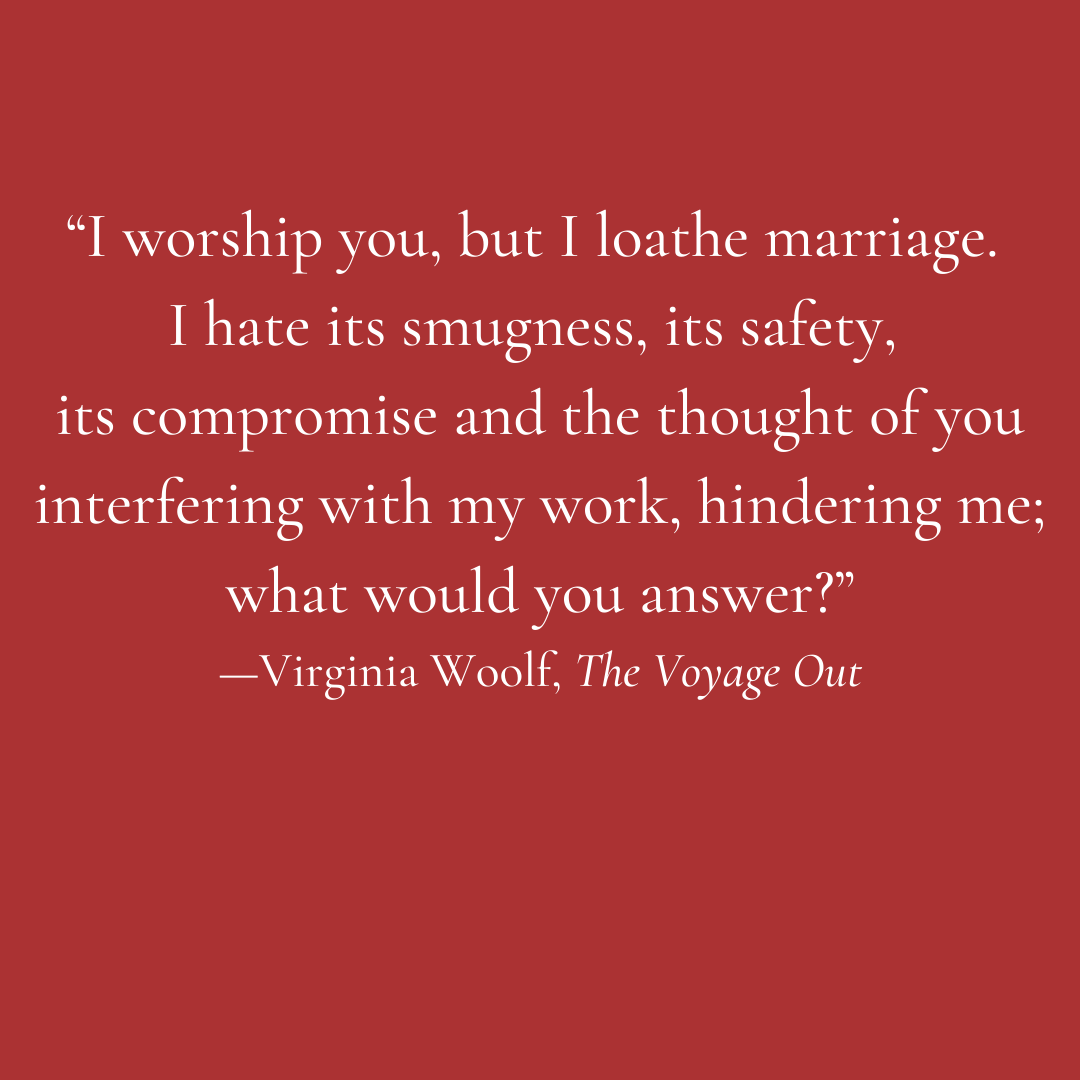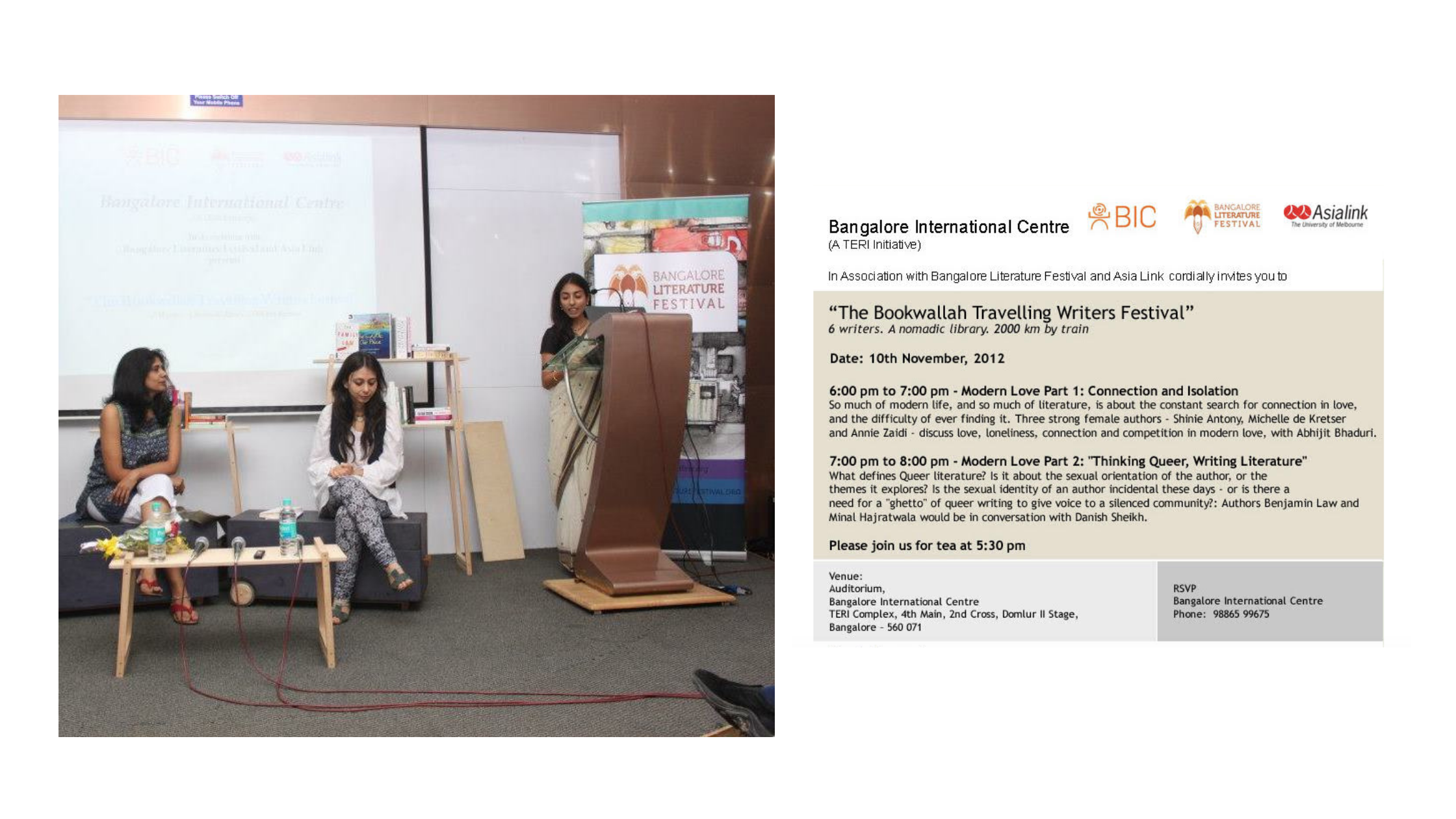We have always been preoccupied with love. Whether you look at mythology or at fairytales, at philosophy or at literature, whether you look at Freud or at Shakespeare, at familiar pop culture or at the avant garde, you can see this preoccupation everywhere.
If you eavesdrop at airports or in trains, if you ask kindergarten teachers about the secrets little children let spill, if you catch someone’s unguarded expression as they daydream out of a bus window, you will see this preoccupation with love again and again.
Because love, it seems to me, is a particularly tricky thing. We are concerned, at first, with the desire for it and the difficulty of ever finding it. But then, even once we have it, we find ourselves in relationships that are constant negotiations between self and other.
These negotiations are especially important to women in patriarchal cultures where freedom is a bit of a fearful wish because it means risking relationships. While relationships, even happy ones, often stifle selfhood. In the words of Virginia Woolf:
“I worship you, but I loathe marriage. I hate its smugness, its safety, its compromise and the thought of you interfering with my work, hindering me; what would you answer?” —Virginia Woolf, The Voyage Out
Here, almost in answer, is a beautiful wish for a lively relationship from Toni Morrison:
“But it was not the presents that made her wrap him up in her thighs. They were charming, of course (especially the jar of butterflies he let loose in the bedroom), but her real pleasure was the fact that he talked to her. They had genuine conversations. He did not speak down to her or at her, nor content himself with puerile questions about her life or monologues of his own activities. Thinking she was possibly brilliant, like his mother, he seemed to expect brilliance from her, and she delivered. And in all of it, he listened more than he spoke. His clear comfort at being in her presence, his lazy willingness to tell her all about fixes and the powers of plants, his refusal to baby or protect her, his assumption that she was both tough and wise—all of that coupled with a wide generosity of spirit only occasionally erupting into vengeance sustained Sula’s interest and enthusiasm.” —Toni Morrison, Sula
Each time a woman comes into her own and then with newfound courage empowers women around her, sisters, daughters, granddaughters. Each time a man realizes that patriarchy doesn’t just wound women, it also dehumanizes men. There is hope.
But, really, answers are everywhere. We can explore so many different sites and spaces of intimacy such as love, marriage, adultery, family, parenthood, friendship, activist solidarity, and even social networks. Really, wherever there is love, there is hope as well.
An excerpt of this piece was read as an introduction to Modern Love: Connection and Isolation at The Bookwallah Travelling Writers Festival at the Bangalore International Centre on November 10, 2012.

